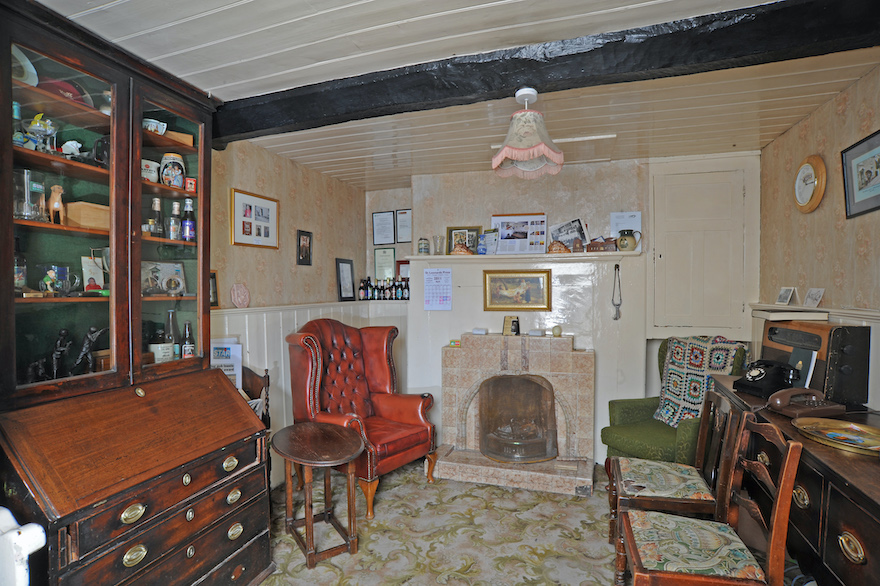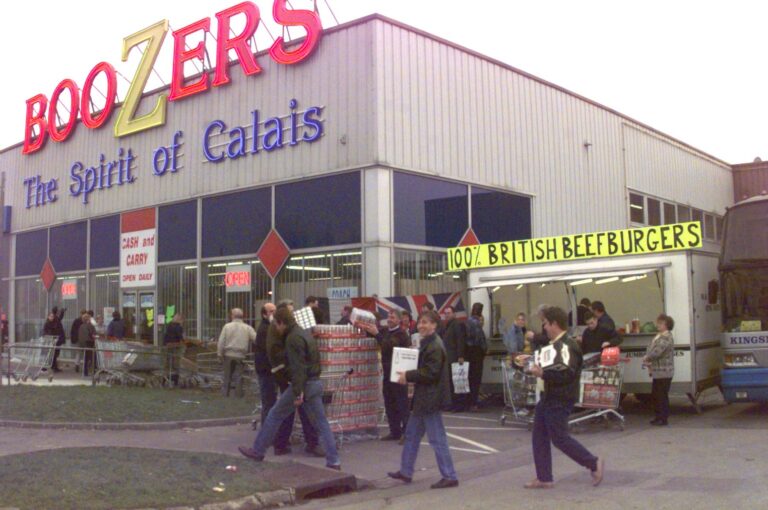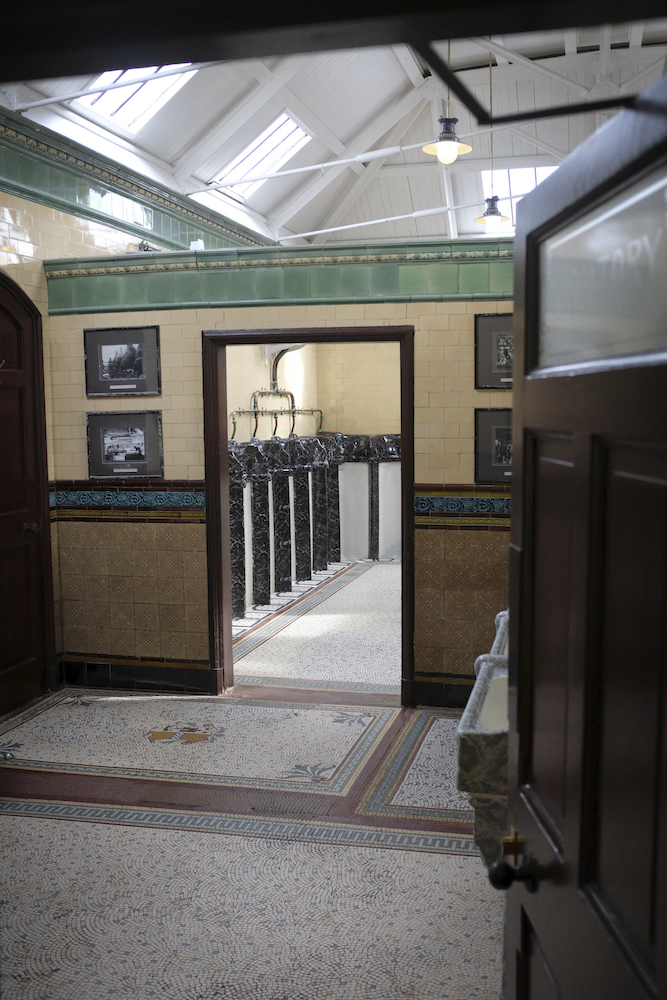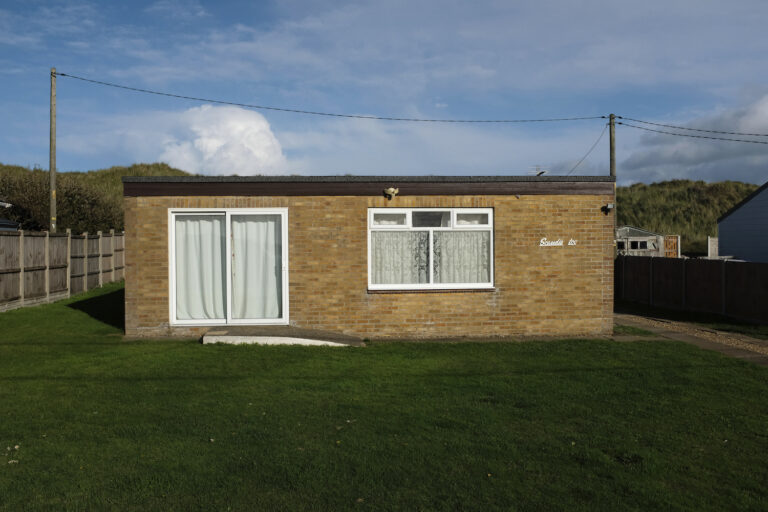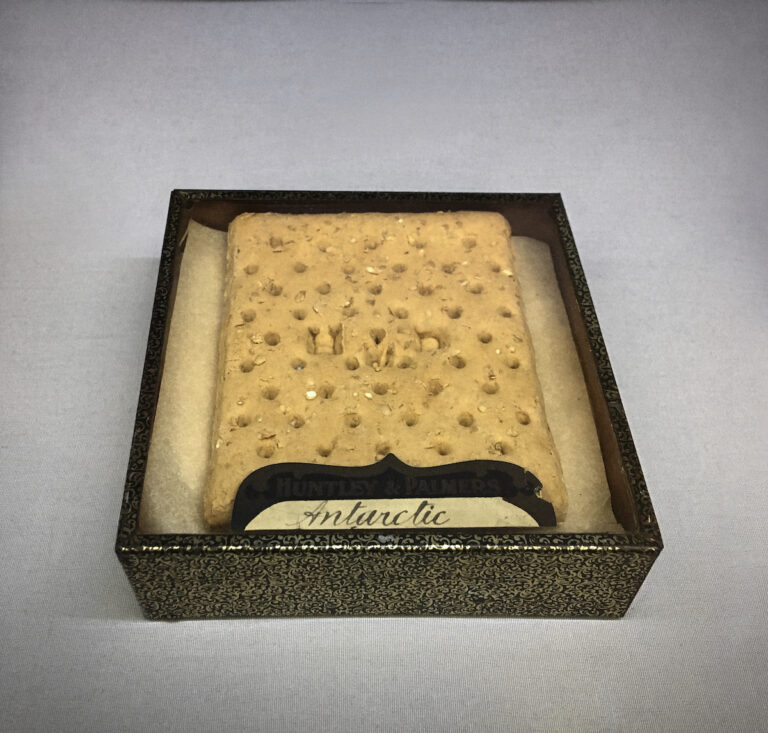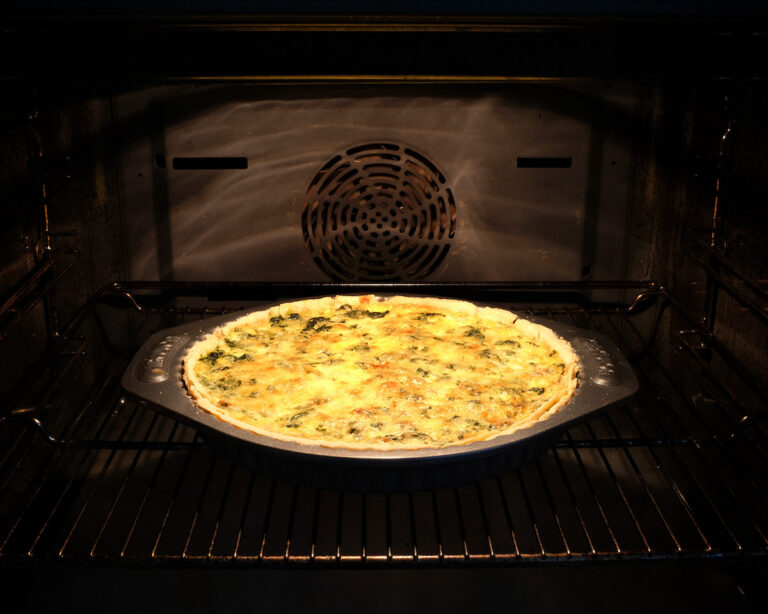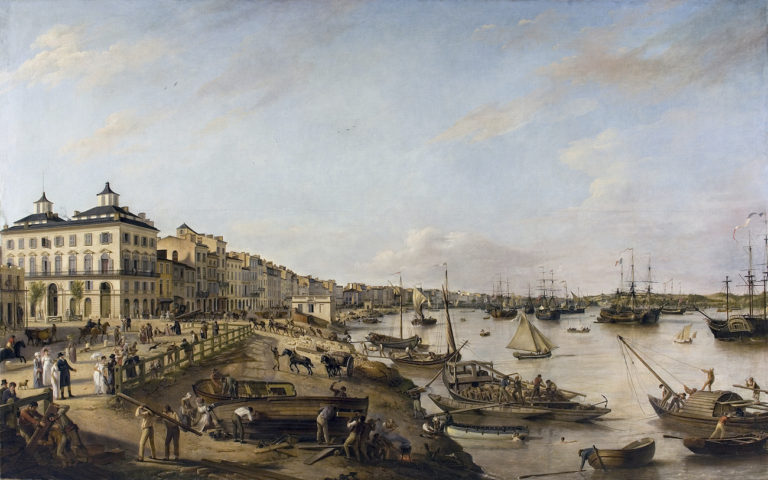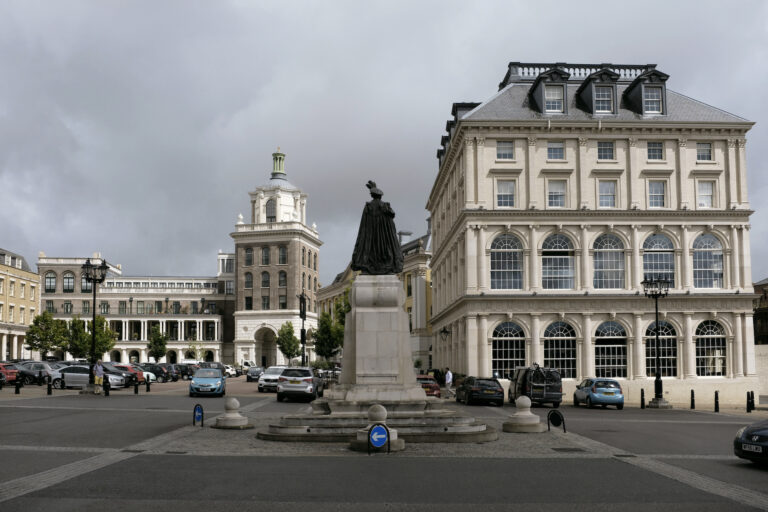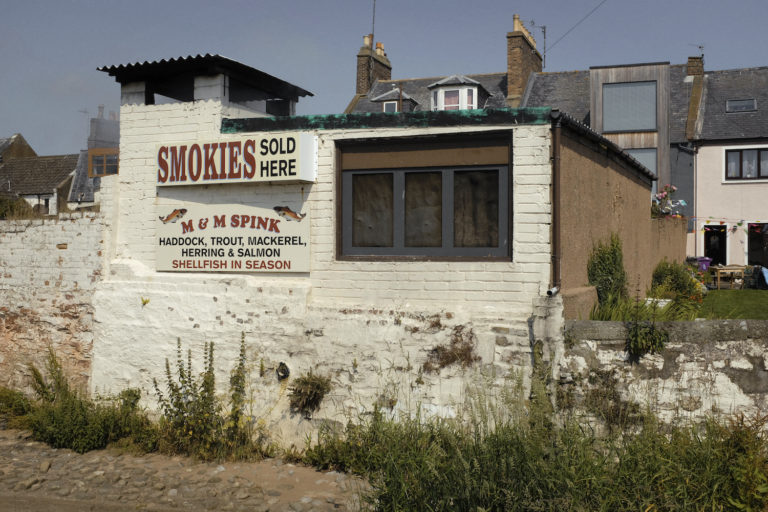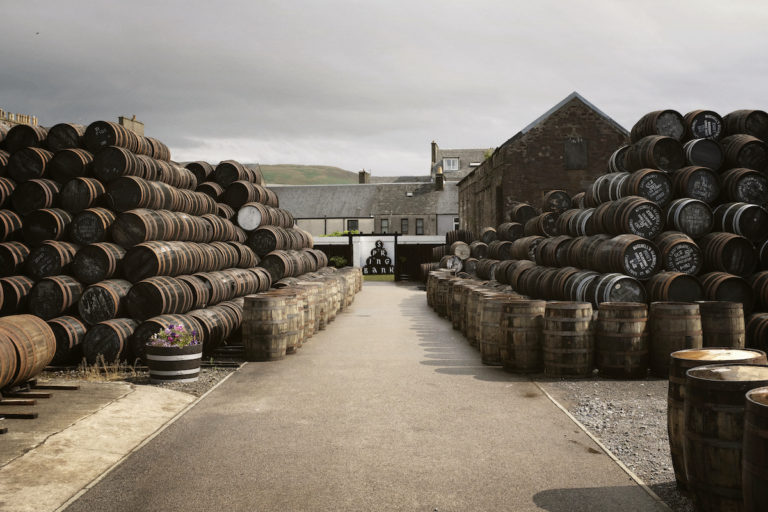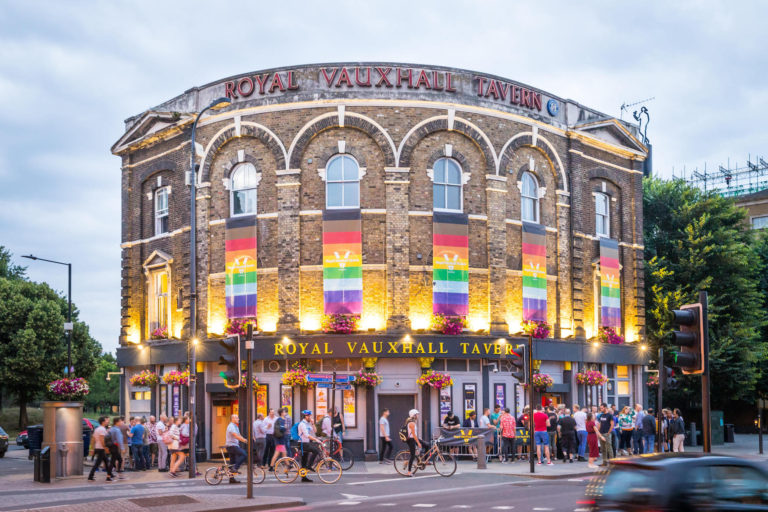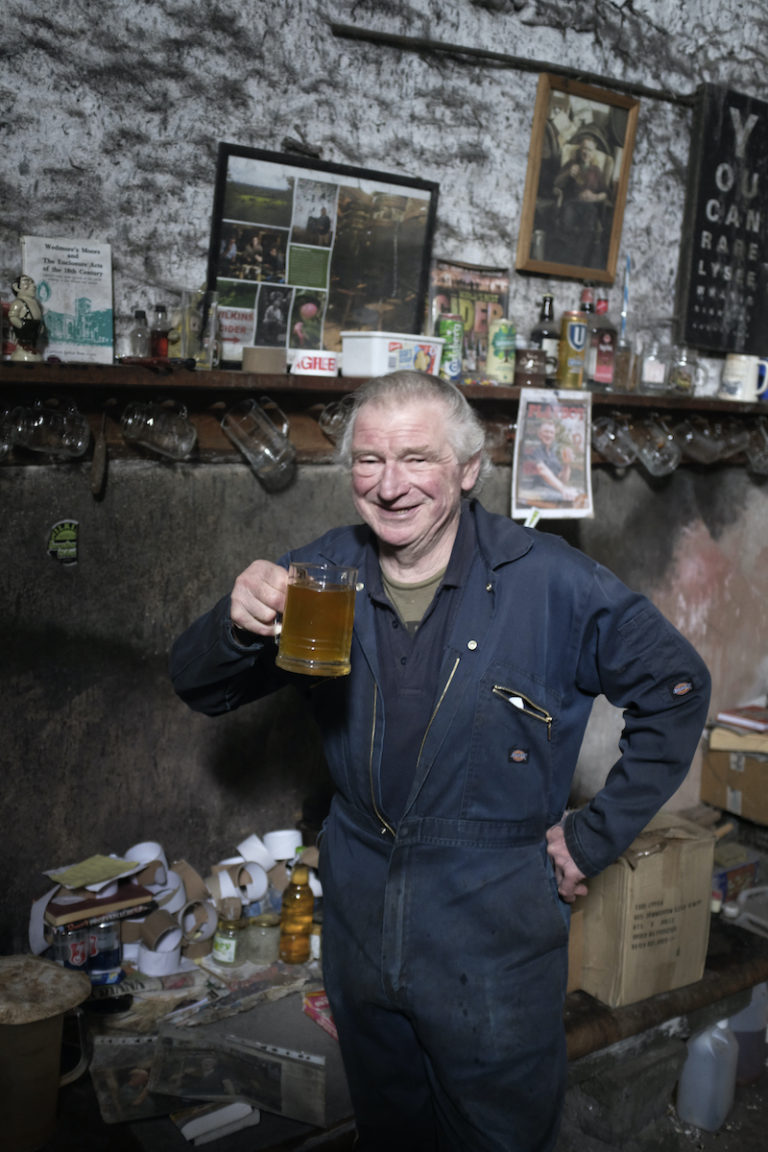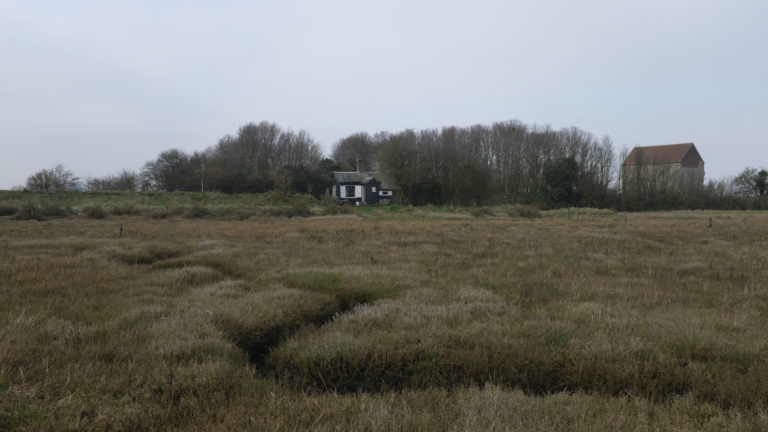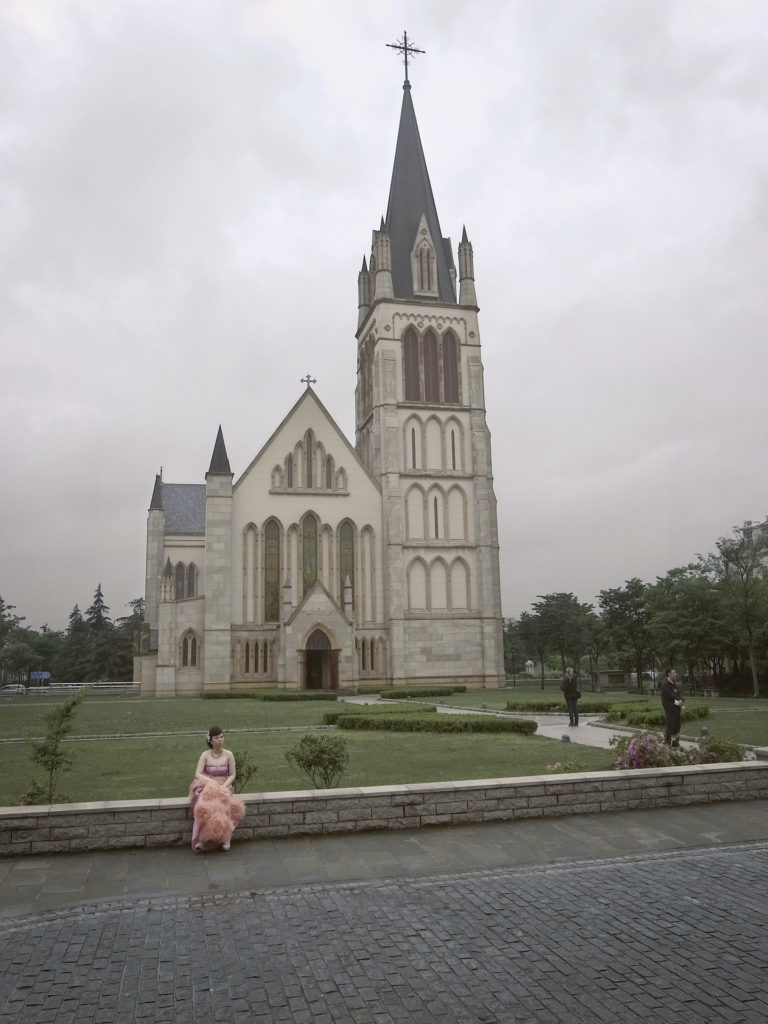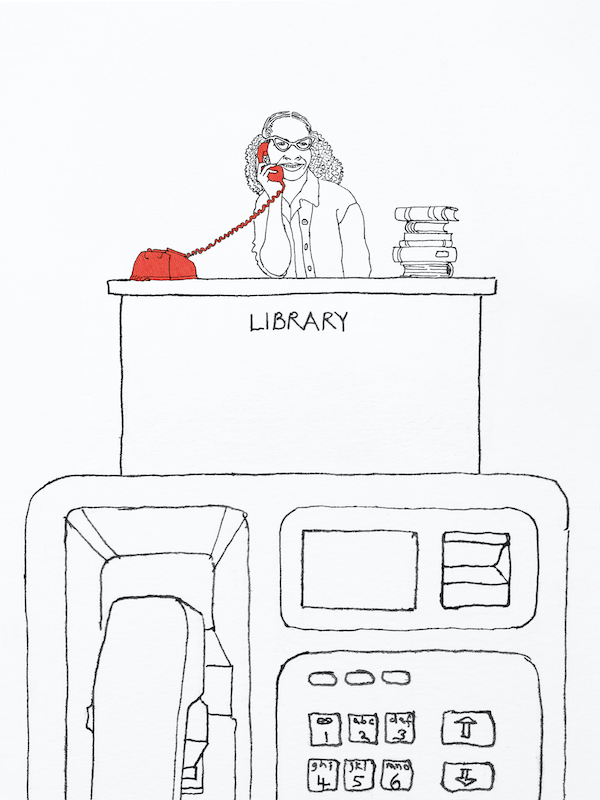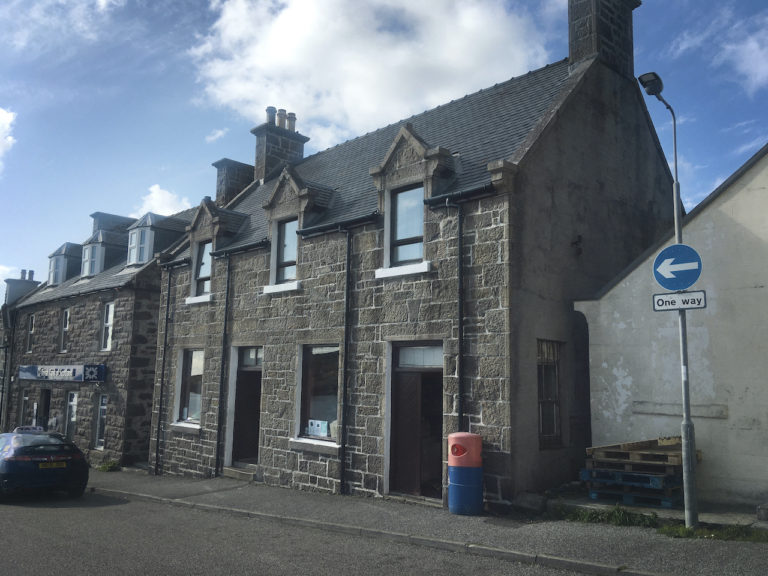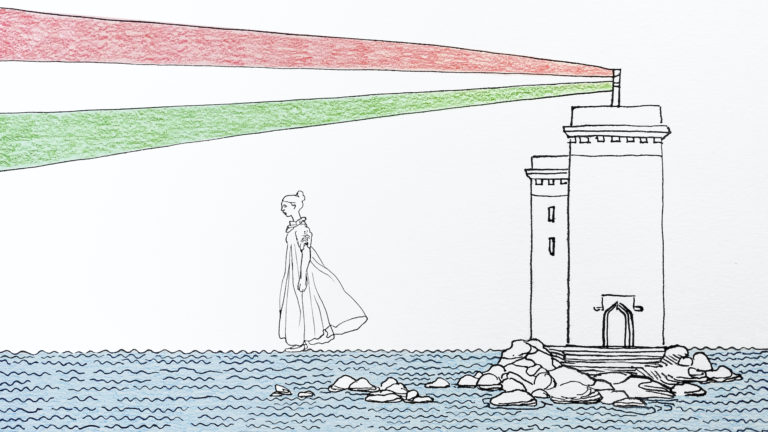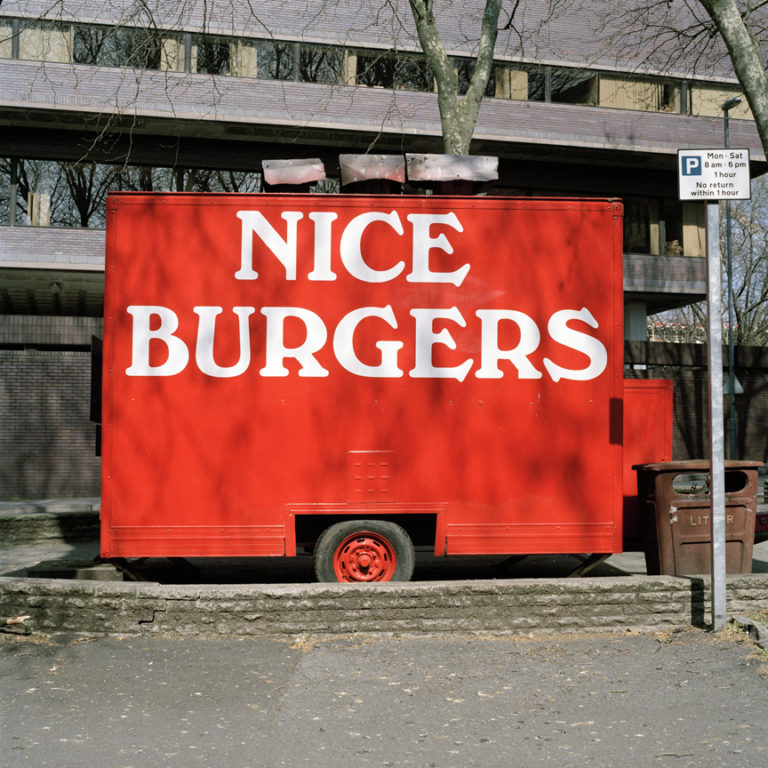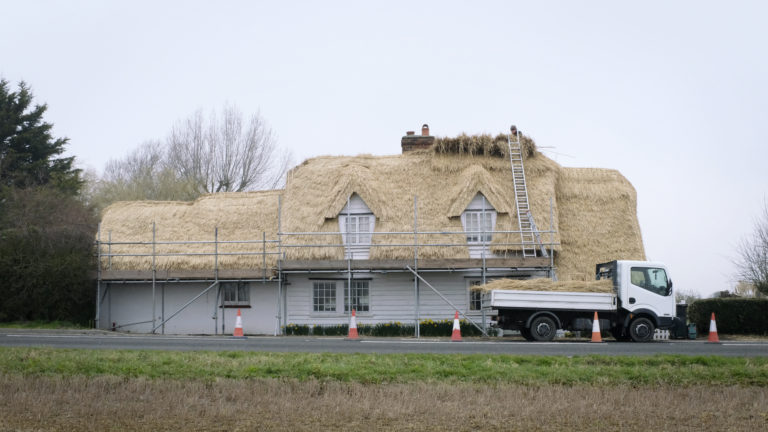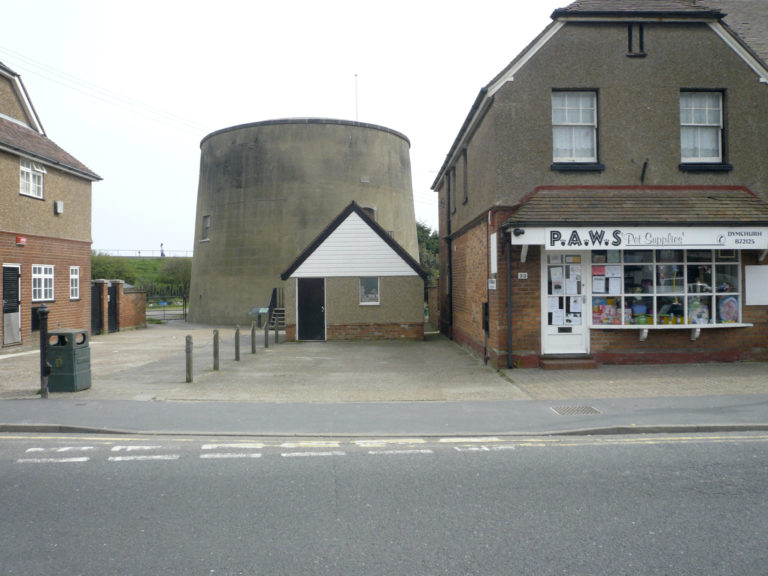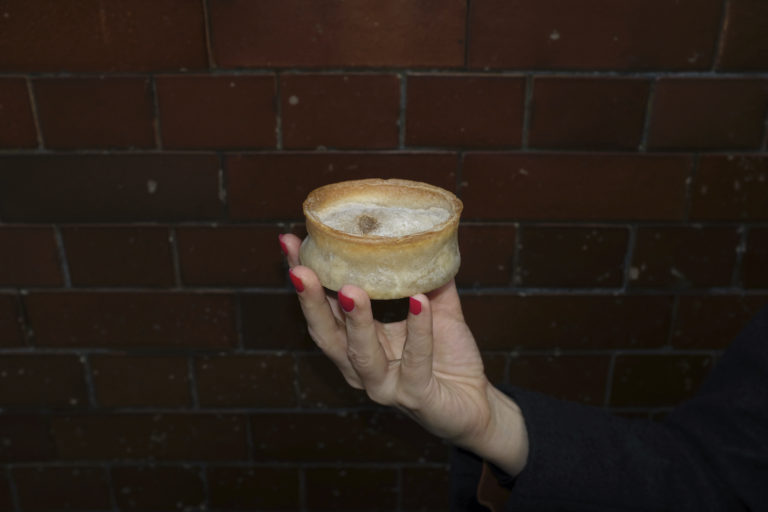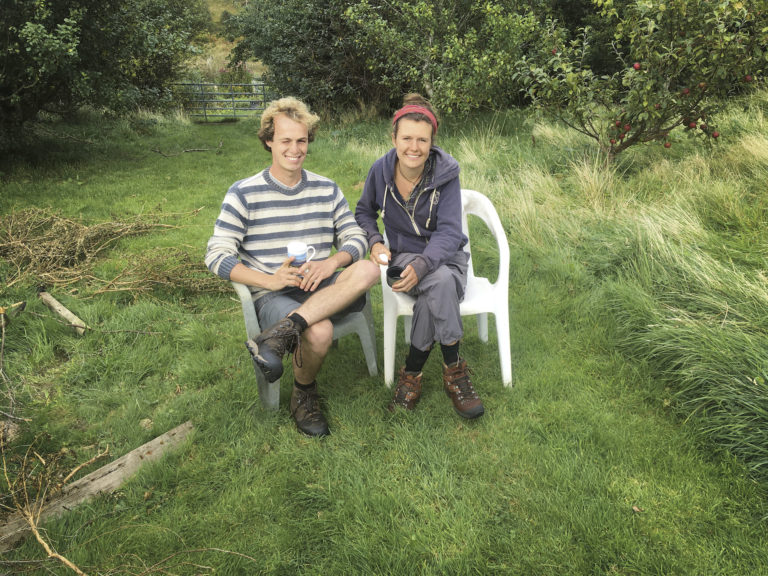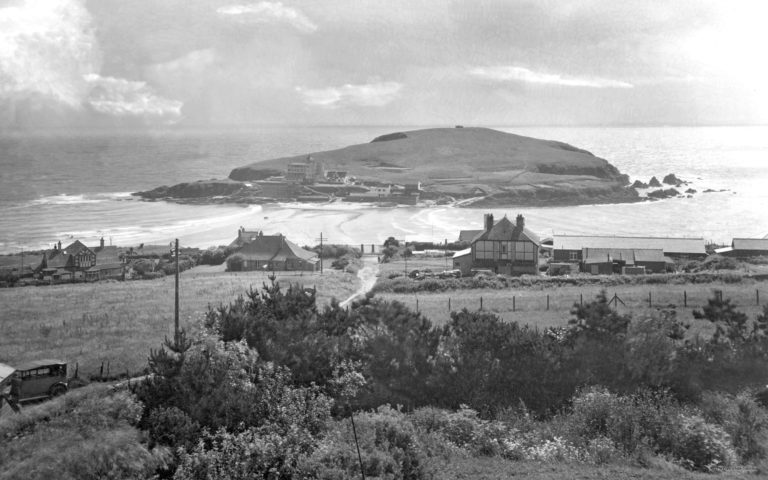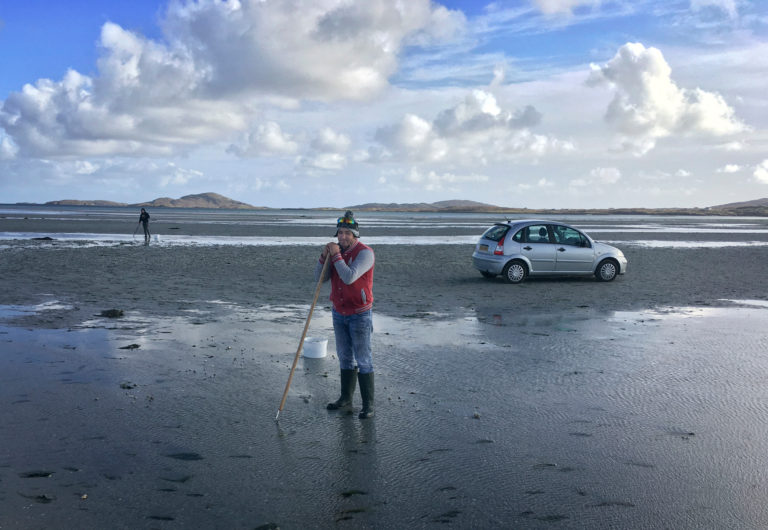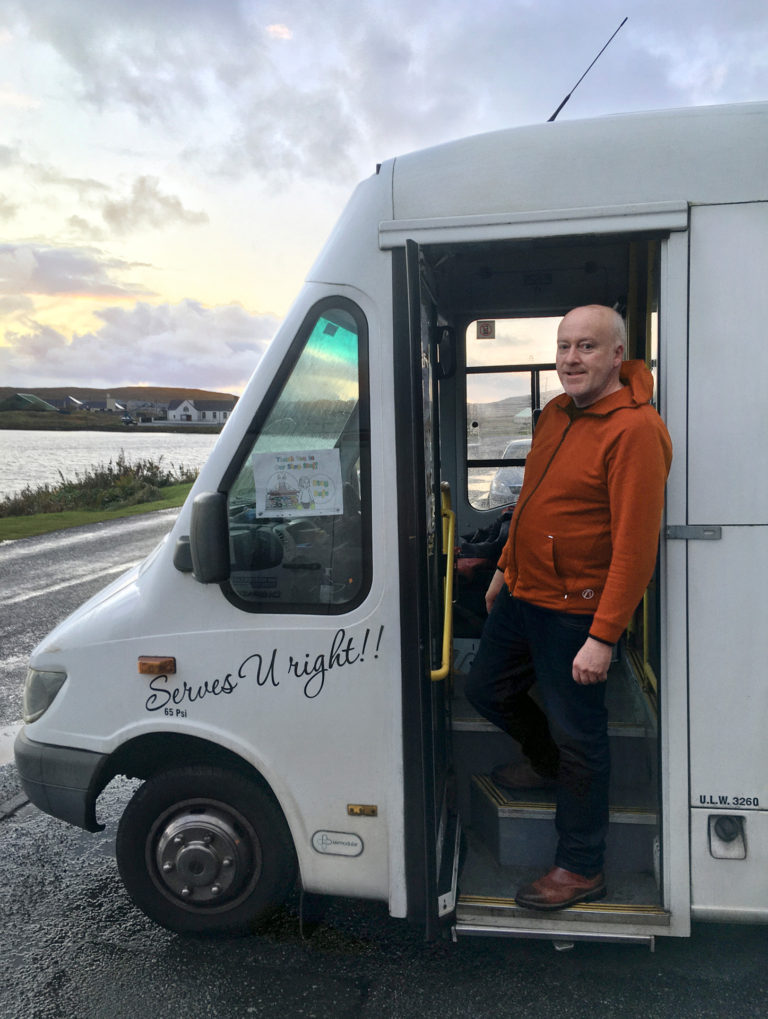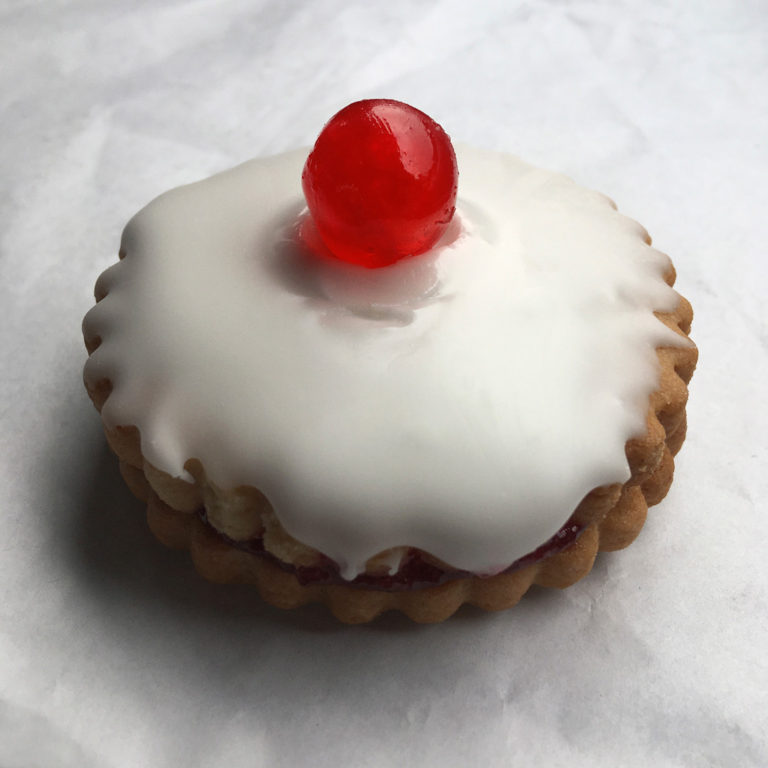PARLOUR PUBS I Sun Inn, Leintwardine, Herefordshire, England.
Warm beer in someone else's front room. Photography by Michael Slaughter LRPS.
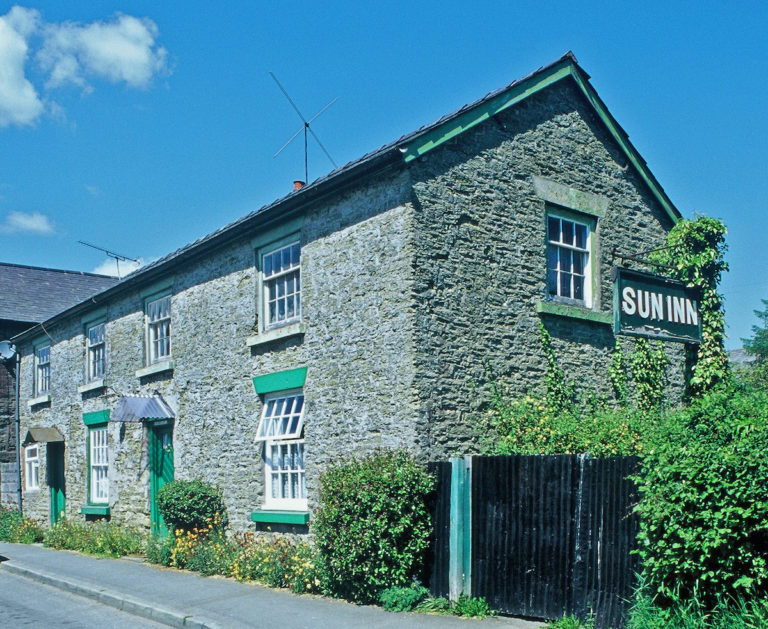
The Sun Inn, nestling quietly in the pretty but unexceptional Herefordshire village of Leintwardine, is a wonderful reminder of another era of parlour pubs. Parlour being the suitably old fashioned name for a living room. Before the spoons was a glint in Tim Martin’s eye, before large numbers of pubs were owned by a single brewery and forced to sell only one beer, certainly before gastro pubs, many public houses were exactly that, a house that was open to the public. There’s a long tradition here, those great bearded drinkers, the Anglo-Saxons, had occasional alehouses that hung an evergreen bush outside their door to indicate they were getting a beery brew on. In the intervening Millenium the same basic principle of opening your home to make some extra cash continued. Many publicans also worked as farmers, shopkeepers, firemen etc. Sadly, stricter licensing laws, increased employment specialisation and different life expectations have put paid to most of these anachronistic establishments. But tucked away in the odd country village the flame still flickers.
The Coracle first came across this disappearing world at the dawn of time/before the internet, having come across an old leaflet written by some pubspotters that listed the most basic unspoilt pubs in England and Wales. All the pubs on this mythical list had a good story, fine beer and were firmly rooted in their immediate locale in a way that doesn’t happen in our new mobile world. One of the most striking things in many is the lack of noise that we are all so accustomed to; no muzak and not even the hum of a fridge keeping your WKD cold. There’s also an appreciation of old fashioned silence among the drinkers, interspersed with some good craic. The interiors are often beautifully vernacular; think gloss cream walls, brown furniture and bespoke carpentry. Surfaces show the smooth rub of umpteen drinkers hands. The most memorable part though is usually played by the owner. Since women tend to live longer than men, many of these local institutions are owned by strong willed matriarchs by whose name many regulars call the pub; Doris’, Elsie’s, Bessie’s.
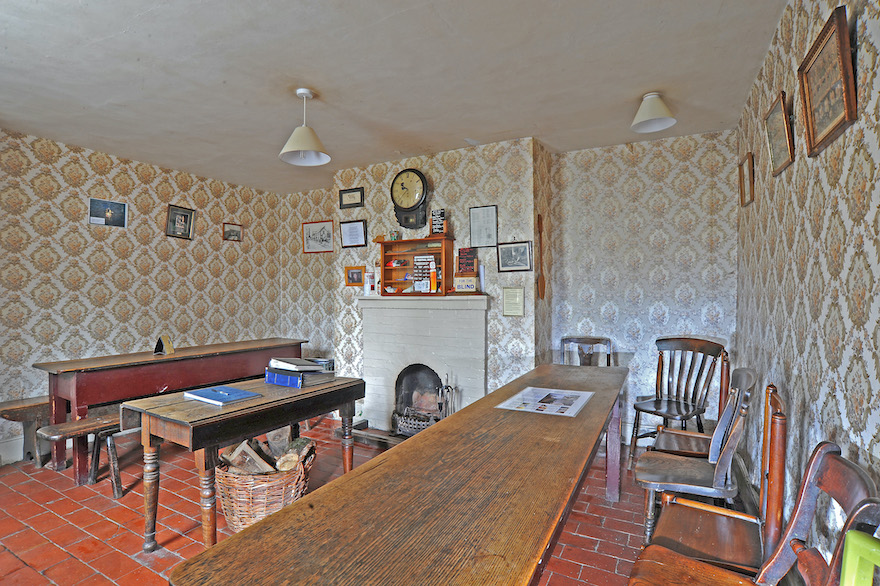
Top of the pubspotters’ list was the Sun Inn, run by the indomitable Flossie Lane. She sadly died in 2009 but at that time she was the oldest and longest serving landlady in the UK. She was also born in the pub in 1914, on the eve of WW1. A pint in The Sun felt like sitting in the front room of your Auntie Enid’s. There was no bar and often you helped yourself while Flossie watched Eastenders. The pub had a certain reputation for being mildly intimidating to non-locals but maybe that just sorted the wheat from the chaff
Happily, after Flossie’s passing, the pub was taken over by the dream team of a brewer and the owner of the fantastic chip shop next door. A new extension has been built out back but uniquely the original parlour rooms at the front remain unchanged. This isn’t the sometimes sanitised heritage of the National Trust but it’s as rewarding and historically revealing as all your grand palaces. What you don’t get is quite the same atmosphere that pervades an establishment dominated by one person but it’s still really worth a pint or three.
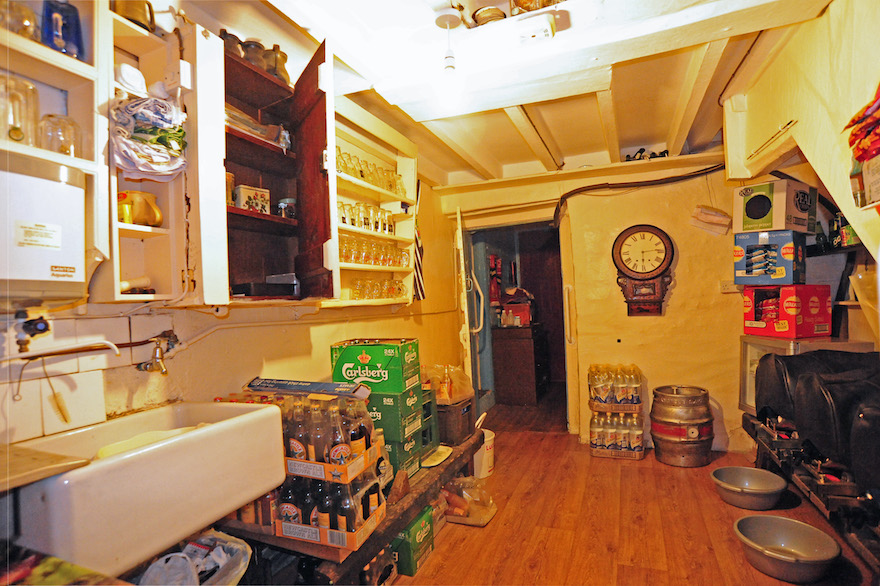
There are a few other contenders for Flossie’s title nowadays. Try the Railway Tavern in Kincardine in Scotland, The Goat in Llanfihangel yng Ngwynfa in Mid-Wales or The Dyffryn Arms in Pembrokeshire’s stunning Gwaun Valley. Devon’s charming Luppitt Inn has recently closed after the death of its lovely owner Mary. Go soon. Go quietly.
The Campaign for Real Ale has a pub heritage group that does sterling work protecting the UK’s most historic pubs, you can search their database here to see where your nearest ‘local’ is.
You can buy Camra’s guidebooks here, many of them feature more of Michael Slaughter’s fine photography. He has spent decades building an irreplaceable archive of the nation’s boozers, in a period of huge change.
